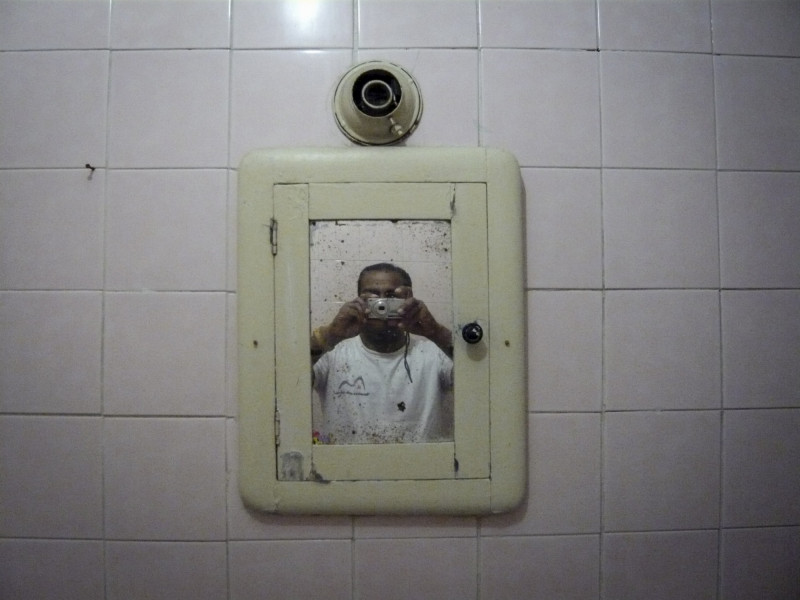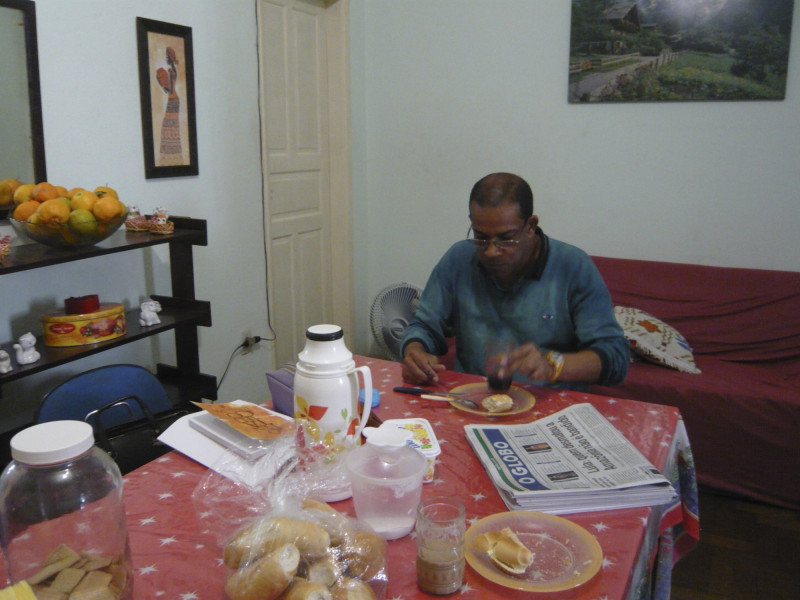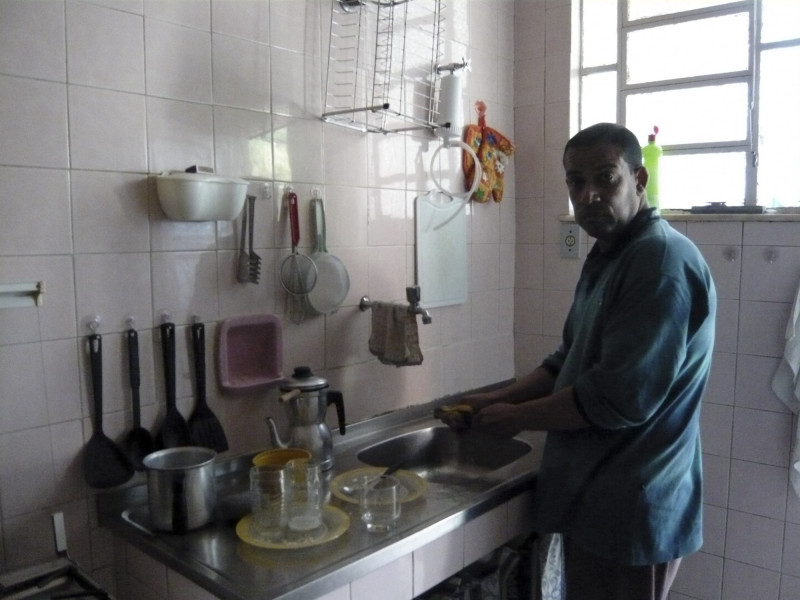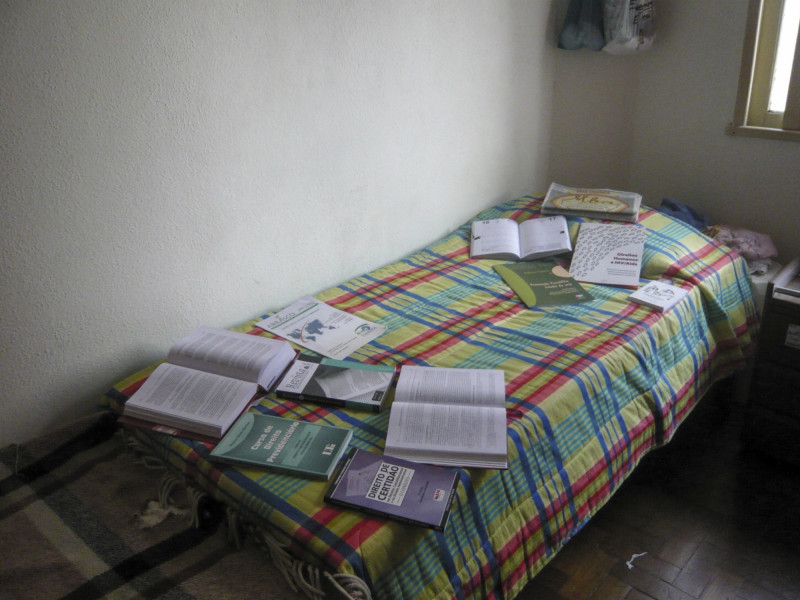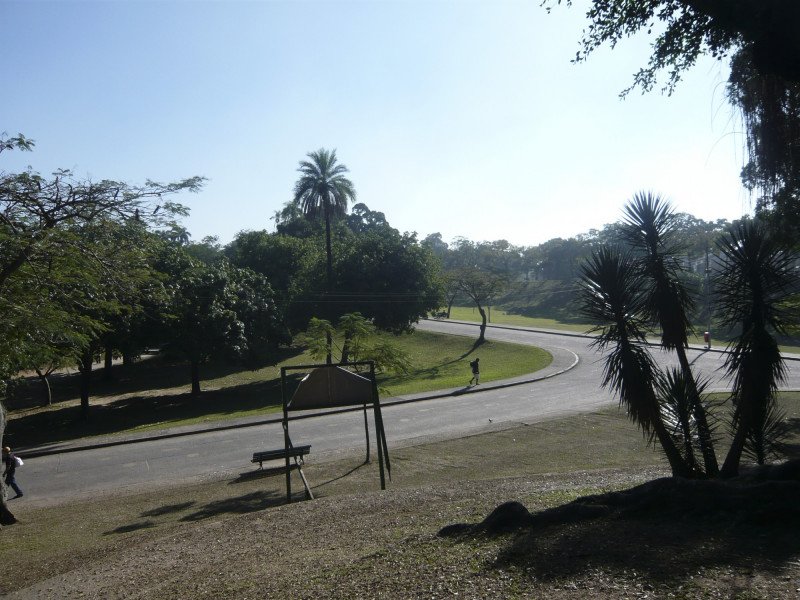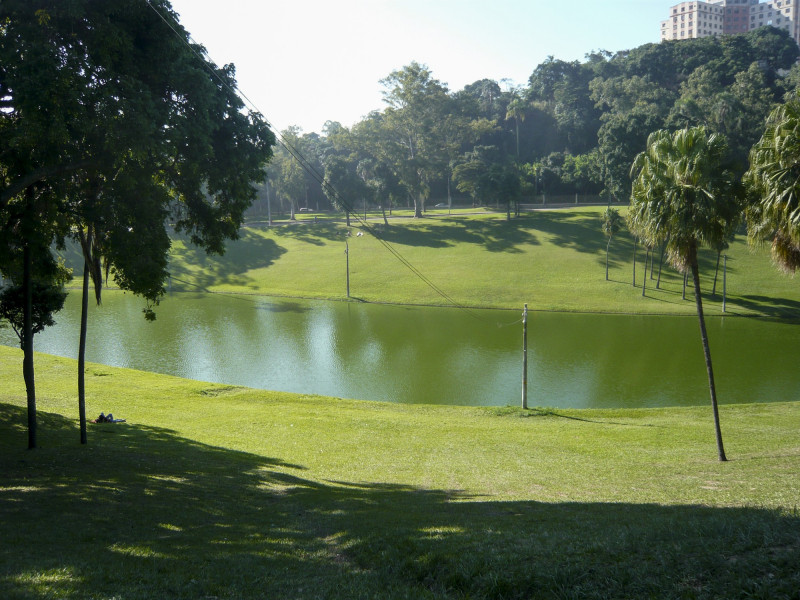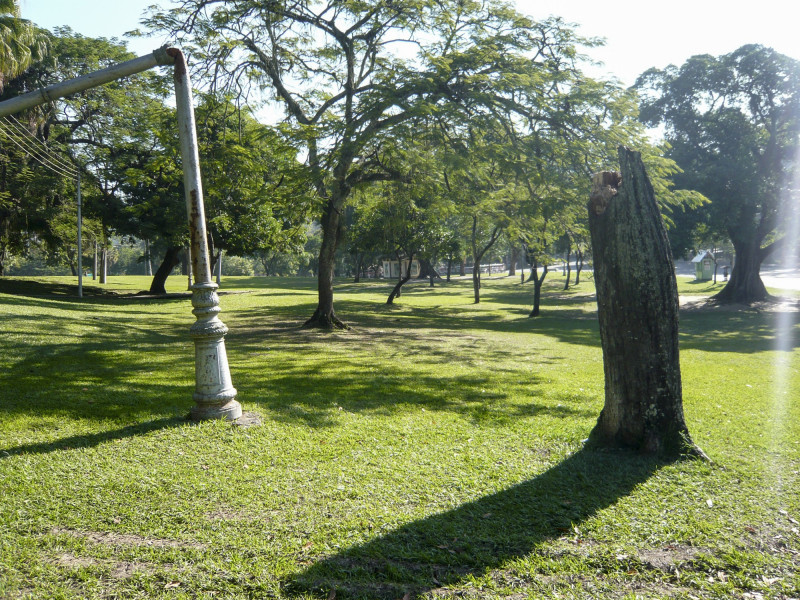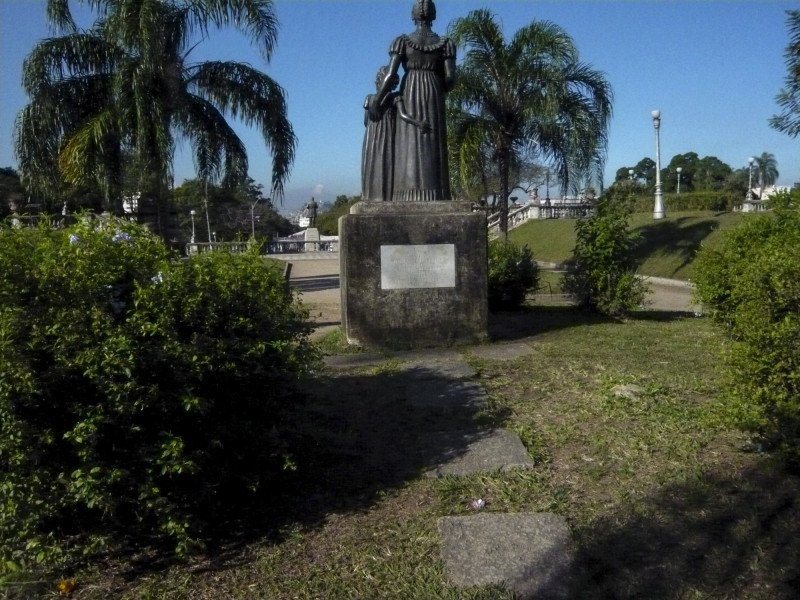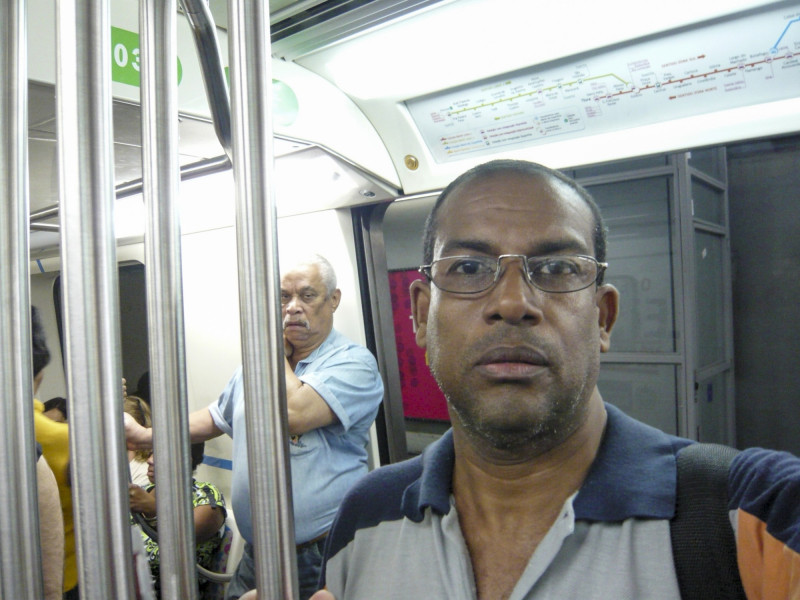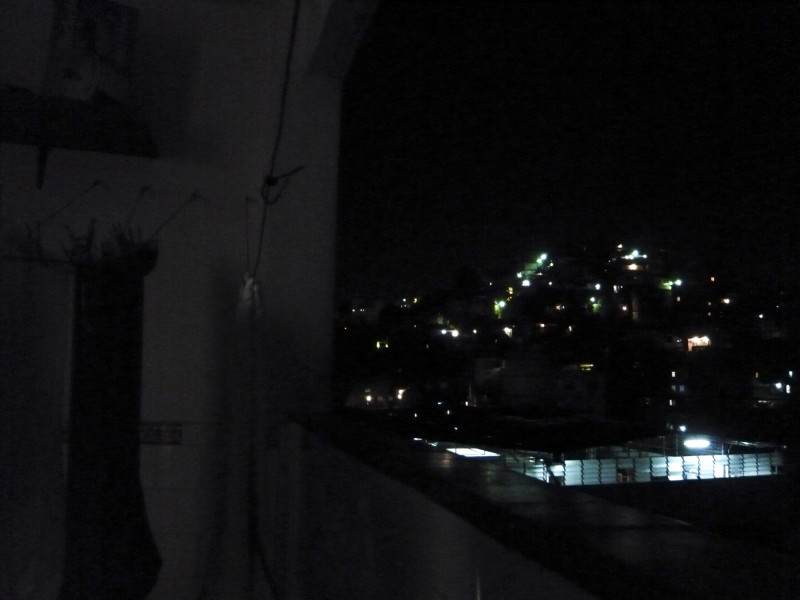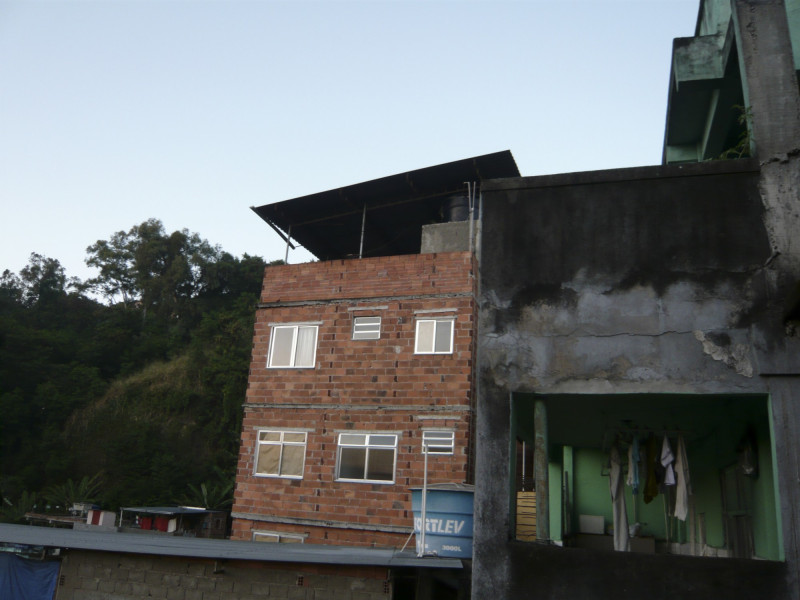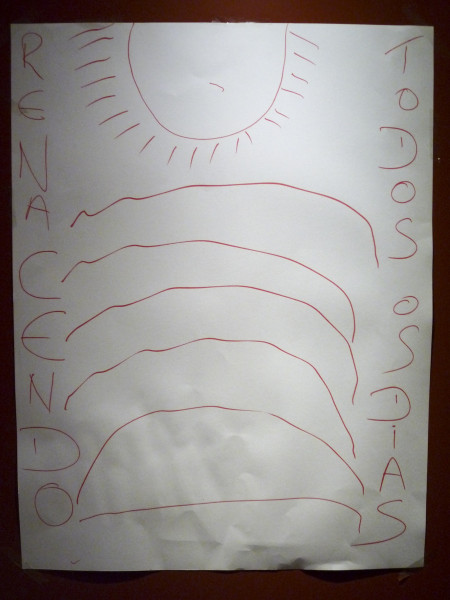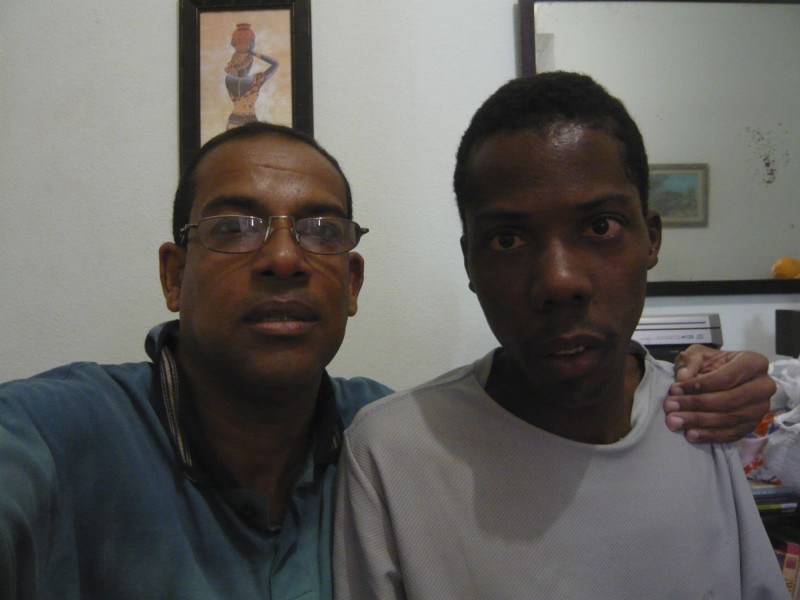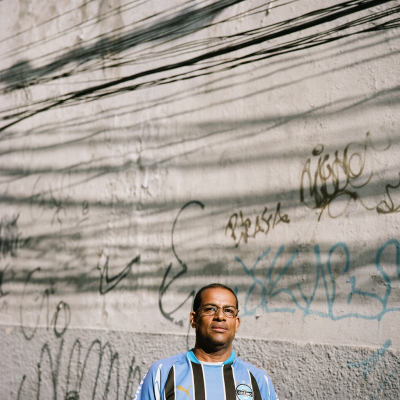When I found out that I was positive, my only fear was my partner’s reaction. I went out, got drunk, and went home. I couldn’t sleep. When my partner woke up, I told her. She stared at me for ten minutes. She didn’t say anything, didn’t cry.
I asked her, “So?” She said, “Paqueta Street, number 72.” That was our address. I asked her what she meant by that and she said, “We are together to the end.” But I didn’t really feel that she meant it.
The next day, I went out to think everything over. I just knew she would not be able to adjust to the news. Sure enough, when I got home that night all my clothes were in the guest room.
That was on a Thursday. The following Tuesday she told me she could not cope, socially and emotionally. When people would start to see that I was losing weight, that I had AIDS, she would be discriminated against in her hometown. She asked me to leave. All my savings had been spent on her. I had no resources left. She did not even help me pack. I ended up staying in the Novo Rio bus terminal in Rio for thirty-six days.
I used to have friends with well-established jobs, and I used to go on holidays with them everywhere around Rio. But when they found out I was positive, they walked away.
Nowadays I am on the other side of Rio. It’s different of course. It’s hard to live in the Republica area. I live in a support house located between the communities of Mangueira and Tuiutí, and drug traffic is in charge over there, not the state. There, instead of buying food, people buy alcohol. Me, instead of buying alcohol, I buy a newspaper. I enjoy going to the library, to the theater, to the movies. Before, when I could afford them, I used to buy a book a month in the various subjects I am interested in: law, social sciences, and anthropology. Nowadays, I cannot afford them, but I see this as my motivation to overcome all these obstacles.
